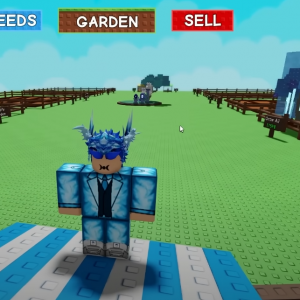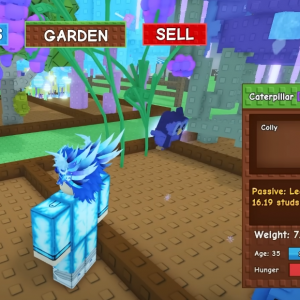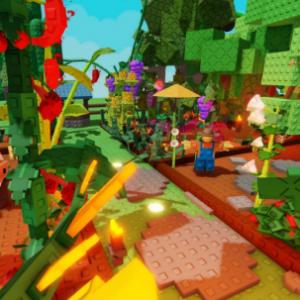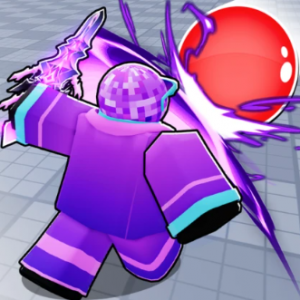The resurgence of narrative-driven games in recent years has brought fresh attention to how dialogue systems shape player experience. Among these, Warborne Above Ashes Solarbite has carved out a distinctive place in the genre with its deep, impactful dialogue trees that influence not just character development but the course of the game itself.
At its core, Warborne Above Ashes Solarbite is a tactical sci-fi RPG that combines intense strategy gameplay with a richly layered narrative. While the game's battles are a major draw, it is the nuanced storytelling—largely facilitated through its dialogue system—that makes it stand apart. In Warborne Above Ashes Solarbite, players are presented with dialogue options that reflect moral choices, faction allegiances, and personal values, all of which have real consequences. This design philosophy increases player immersion and reinforces the feeling that every decision matters.
Dialogue trees in the game go beyond simple binary choices. Instead, they branch into complex networks that can unlock new missions, alter alliances, or even prevent certain catastrophic events. These branches aren’t cosmetic—they are tightly interwoven with the game’s core systems. For example, aligning with certain factions through dialogue can unlock exclusive units or tech, which in turn shifts the player's tactical possibilities on the battlefield.
Another major advantage of this system is replayability. Many players choose to buy Warborne Above Ashes Solarbite more than once or create multiple save files to explore the different narrative routes available. This multi-threaded storytelling gives each playthrough a unique flavor and encourages deeper engagement with the world and its characters. For those who value player agency, the dialogue system is a key reason to invest time—and money—into this title.
From an experiential perspective, the writing quality is top-tier. Characters are more than mission-givers; they possess personal motivations, biases, and secrets that can be uncovered through thoughtful dialogue choices. As players navigate conversations, they begin to piece together the game’s lore organically, which enhances immersion without requiring lengthy exposition dumps.
Moreover, for anyone considering whether to buy Warborne Above Ashes Solarbite, it's worth noting how these dialogue trees create a dynamic relationship between narrative and gameplay. Rather than serving as a break from action, conversations become integral to progression, impacting which units are available, which enemies become allies, and how the endgame unfolds.
Ultimately, Warborne Above Ashes Solarbite demonstrates that dialogue trees can be more than a storytelling mechanic—they can be a strategic tool and a mirror for player identity. In a genre often defined by combat and conquest, this title proves that words can shape worlds just as effectively as weapons. Whether you're a narrative purist or a tactical enthusiast, the dialogue system in this game offers a compelling reason to dive in.











